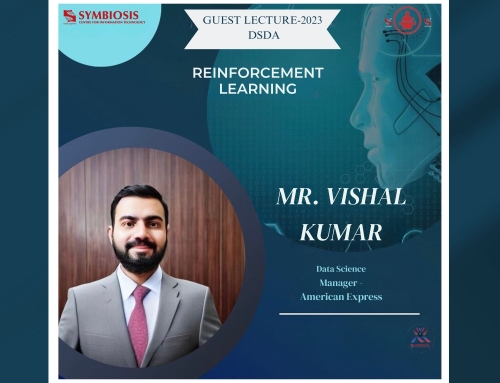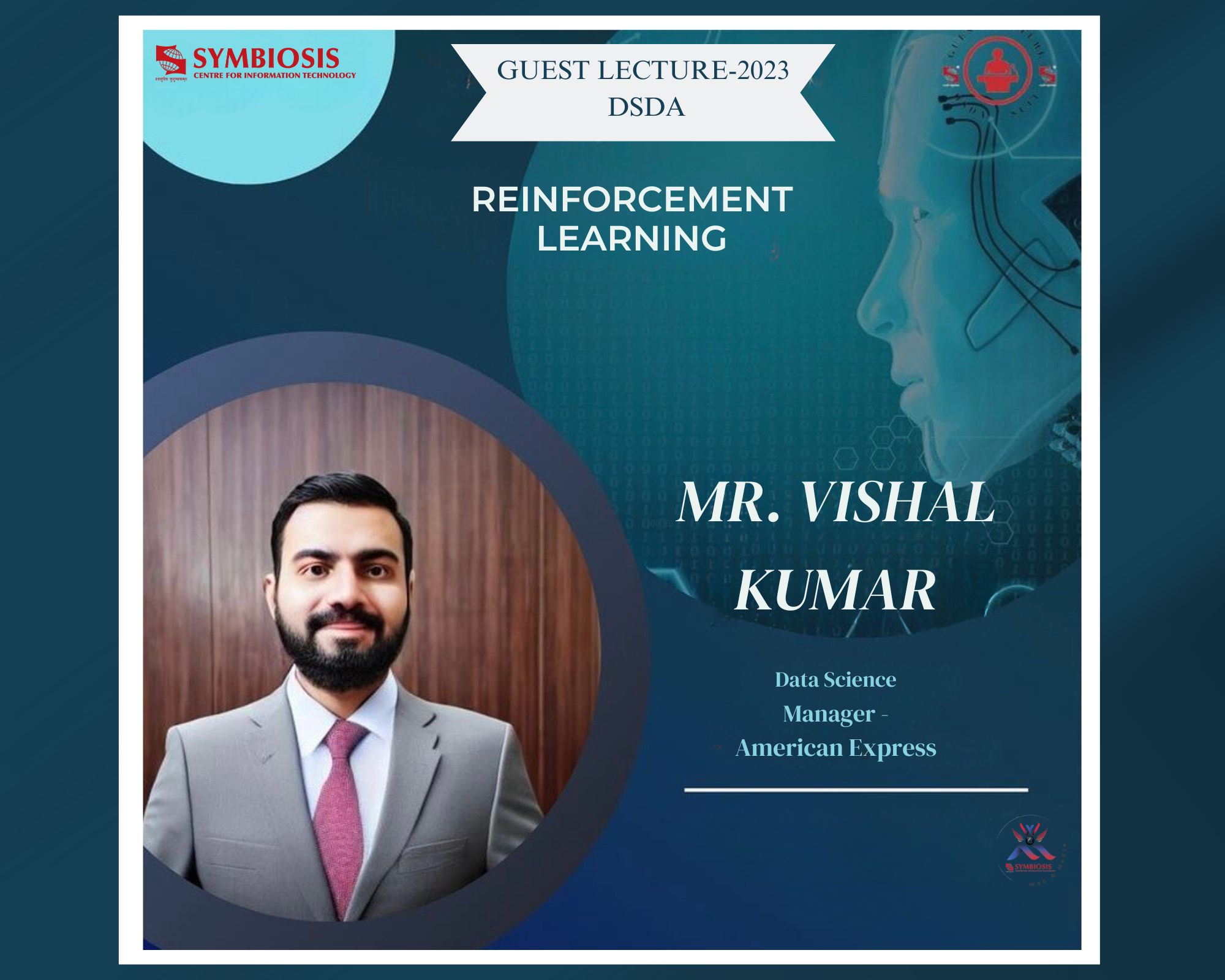What is Extradition ???

Extradition is the official process whereby one country transfers a suspected or convicted criminal to another country. This law has been much in focus after the killing of two fishermen off the Kerala coast by two Italian marines. This incident led to a spat between the two friendly nations India and Spain which degraded bi-lateral relations to some extent because both nations had different point of views on the incident as their laws were not identical. I wanted to know the actual procedure and after a long analysis and search I am able to come up with some conditions as per the Indian Law for grating extradition. Primarily these are:
Double Criminality:
Double criminality (also known as dual criminality) is a crime punished in both the country where a suspect is being held and a country asking for the suspect to be handed over. According to this principle, extraditable offenses are only those which are punishable offenses in the requesting State, and would have been punishable in the requested State if committed there. The law does not require that the name by which the crime is described in the two countries shall be the same, or that the scope of the liability shall be coextensive, but it is enough if the particular act charged is criminal in both jurisdictions.
Offence of Political Character:
It is an accepted rule that extradition is not granted if it is proved that the offence is a political offence, in the sense that certain circumstances which surrounded the commission of the offence give it a specifically political character. A pressing problem is that of determining what exactly these circumstances are.
On the positive side various definitions have been suggested for political offences in the law of extradition, based mainly on the nature of the motive or object of the crime, but these have not been fully received into practice such that up to the present, all attempts to formulate a satisfactory conception of the term have failed.
Military Offence:
Extradition is usually refused for military offences. The question, though, is what constitutes a military offence. In a case, The Supreme Federal Court of Brazil denied extradition to a member of the armed forces because it was rendered a military offence. It is not in conformity with the modern interpretation of the military offences exception.
Although the clause is not always included in treaties made by common law States, the Commonwealth Scheme for the Rendition of Fugitive Offenders contains the exception and defines as follows.
“The return of a fugitive offender will be either precluded by law, or be subject to refusal by the competent authority if the competent authority is satisfied that the offence is an offence only under military law or law relating to military obligations.”
Rule of Specialty:
The Rule of Specialty limits the prosecution of a defendant for offenses beyond an extradition order. However, many courts do not treat the admission of evidence of other bad acts as violating the Rule of Specialty. Thus, “although prosecution of an earlier offense may be barred, it has long been established that evidence of that offense may nevertheless be introduced to prove a later crime which the government is permitted to prosecute.”
Surrender after trial:
The rule that a person extradited under treaty provisions cannot be tried for an offense other than that for which he was extradited until after he has had opportunity to leave the country to which he was surrendered does not apply to an offense committed after he arrives in the latter country. Whether a person extradited and who thereafter commits a crime in the country to which he is surrendered shall be first tried for the earlier or later crime is a matter wholly within the jurisdiction of the country to which he is surrendered, and is of no interest to the surrendering country.
Prima facie
It is right that we should be able to ask friendly democratic countries to return accused individuals for trial and it is right that we should reciprocate but there is a grave risk of injustice in such speculative charges. Extradition is a good principle and it should be granted only where a serious prima facie case exists.
Tanmay Sarkar MBA(ITBM) SCIT















